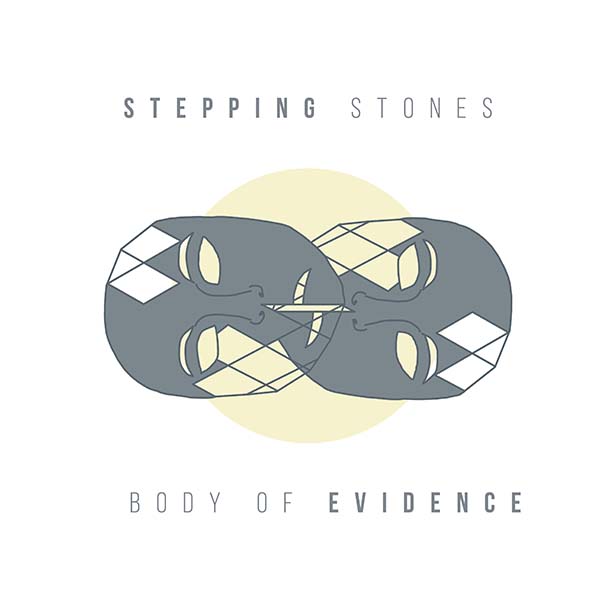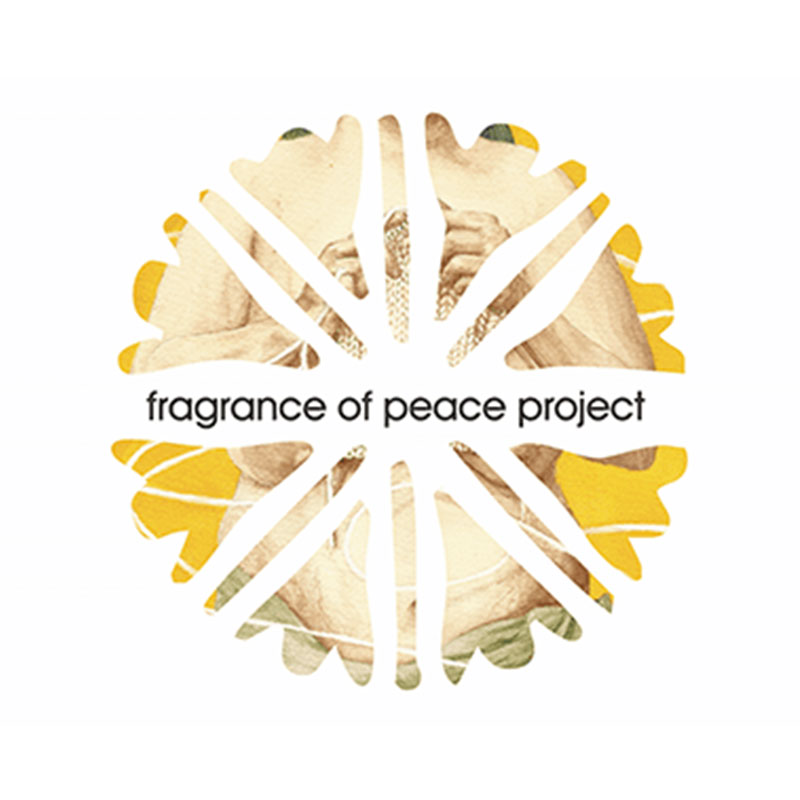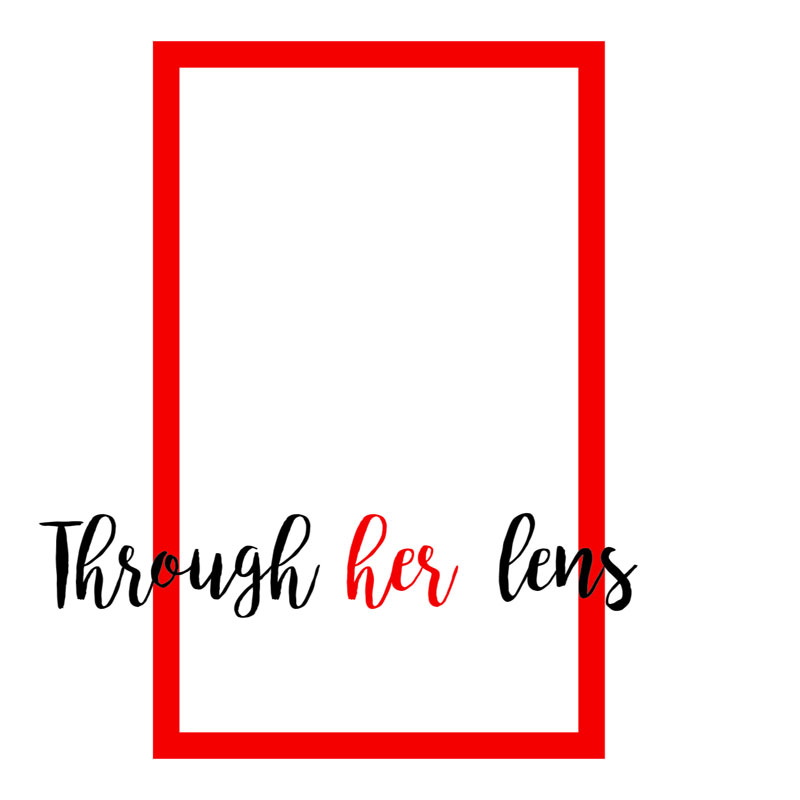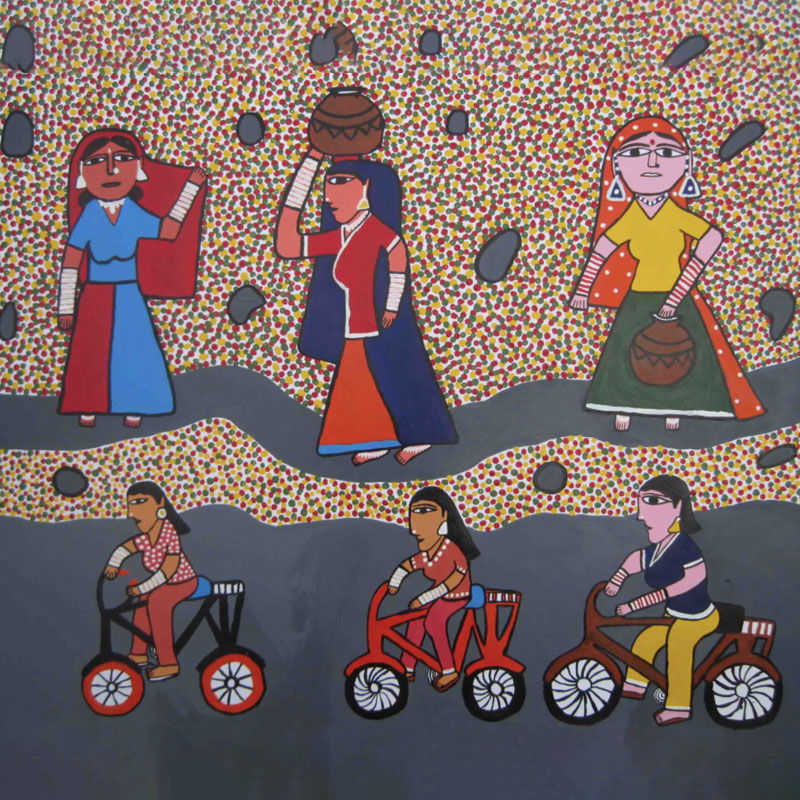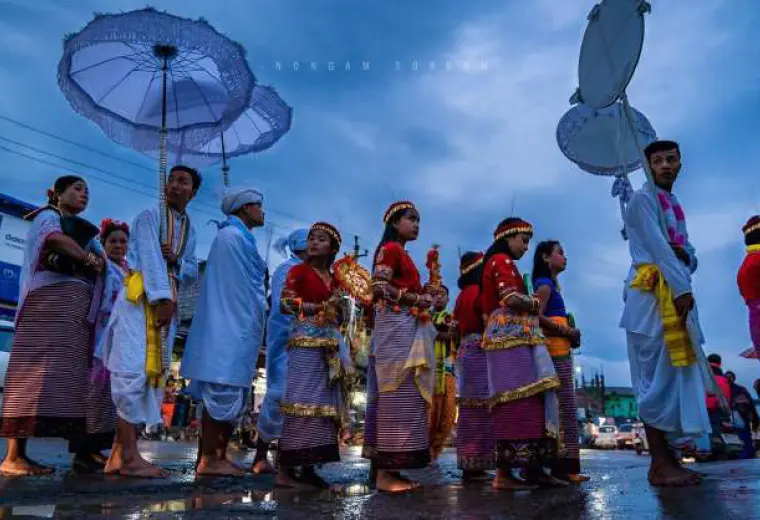

Cultures of Peace
Festival of the Northeast
Cultures of Peace: Festival of the Northeast is a project run collaboratively by Zubaan and Heinrich Böll Stiftung/ Heinrich Boell Foundation with a focus on the northeastern region of India. It aims to diversify mainstream conversation and create spaces for dialogues within the region and with other parts of the country, through the building of a knowledge archive that consist of webinars, essays, podcasts, films, video interviews with women, queer, non-binary and trans people.
Overview
For several years Zubaan has been documenting and archiving women’s movements in India. We began many years ago by collecting posters of the women’s movement to create a visual history of nearly half a decade of activism. Our work then created an archive of interviews with women activists.
Our website will also house recordings of our webinars on photography, food cultures, music, and performance. Through these forms of cultural production, this ever-evolving ‘festival’ has created spaces for dialogue within civil societies in the seven (+ one) ‘sister states’, highlighting present-day concerns. It has done this while historicizing the region’s relationship with ‘mainland’ India and bringing into public discourse the many vital issues that concern the region and the rest of India to work towards peace broadly.
Aims & Objectives
Cultures of Peace aims to diversify mainstream conversation and knowledge production about the Northeast region of India by bringing together regionally relevant literature, art, photography, food, dance, etc. and making connections between cultures and peoples through these alternative avenues.
Through highlighting cultural production, we also aim to expand the context in which the Northeast is spoken of, which is often limited to that of a region of conflict.
Project Activities
To mark a decade of the Cultures of Peace programme, and taking into consideration the pandemic and lockdown in 2020-21, we focused our work on consolidating the learnings, experiences, workshops, interviews, etc. in Northeast India through an online multimedia archive programme. In the past few years, we have commissioned 29 interviews, 20 podcasts, 33 e-essays, 1 exhibition, a series of lectures titled Feminist Labs and 1 music video, documenting feminist and gendered histories with a focus on ecology, cultural production, food, etc. An extension of our archival work, we have also conducted workshops on documenting feminist institutional histories, supported research on this and produced two short films.
2020-2025
The themes for 2021 were ‘Ecology of the Northeast’ and ‘Ecology and Performing Arts in the Northeast,’ and programs were curated in collaboration with curators Angela Rangad and Thingnam Anjulika Samom. The program was split into two quarters over six months. All programming was online.
The first quarter was spent developing a schedule of events in collaboration with the curators, shortlisting artists and reaching out to resource persons and participants, and working to build inclusive platforms on zoom. The work on building and consolidating the Media Archive continued. Additionally, an online photo exhibition on the year’s theme and the ‘Through Her Eyes’ music video was created, which will also be part of the Media Archive.
Ecology of the Northeast was devised to encourage conversation and discussion through different aspects of sustainability, infrastructure and development, and peoples’ movements through three online engagements (webinars), five podcasts, four feminist lab sessions, and ten essays. Ecology and Performance in the Northeast looked at how performers, musicians, theatre practitioners, and creative writers engage with issues of ecology and environment in the Northeast.
2021
n 2020-21, the festival proceeded in four quarters- two in June-August 2020 and September-November 2020. The themes of both these quarters were ‘Food Cultures of the Northeast’ and ‘Women in Music in the Northeast,’ respectively. Programs under these were curated in collaboration with Xonzoi Barbora, Associate Professor and former Dean of School of Social Sciences at the Tata Institute of Social Sciences, Guwahati, and Anungla Zoe Longkumer, a musician and writer based out of Dimapur, Nagaland.
Under ‘Food Cultures of the Northeast,’ the online panels included three engagements (including one documentary launch), five podcasts, and five essays. These addressed issues such as the politics of food production and consumption, creating a taste for Northeastern food outside the region, migration, and how women and queer people navigate this space of food and belonging, among others.
2020
Jun - Aug
In the second quarter, the theme ‘Women in Music in the Northeast,’ in collaboration with curator Anungla Zoe Longkumer, provided a safe space for artists to speak about their music and their lived experiences as musicians from the Northeast with a focus on gender and indigeneity. The activities under this quarter include three online engagements, five podcasts, and nine essays. The programming also included the creation of a Media Archive under which materials generated and developed by Zubaan’s projects will be consolidated and housed.
2020
Sep - Nov
For the year 2019, Cultures of Peace was held in Imphal, on 11th and 12th October 2019. The theme was ‘Highlighting Women’s Participation in Environmental Activism’, and included sessions on water (dam projects, river pollution, water conservation et al.), sessions on land (agriculture, land ownership, mining et al.), sessions on forests (wildlife conservation, deforestation, indigenous knowledge et al.). Film screenings on ecological concerns, directed by indigenous women, were also organised, followed by discussions.
2019
Oct
The second event was held in Kohima in December 2019. This included lectures and participative sessions, with speakers from Naga and other neighbouring communities, mostly women, and include contributions from audience / participants. Due to the passing of the Naga peace accord and the citizenship amendment laws, the event had to be postponed (initially) and was eventually held in a much reduced capacity, keeping in mind travel and safety concerns.
2019
Dec
In 2018, festival events were held in Dimapur, New Delhi and Ahmedabad. In November, the first event was held at Tetso College and at Hotel Acacia in Dimapur. This two-day event saw speakers like Kalpana Sharma, Yengkhom Jilangamba, Tongam Rina and Dolly Kikon among others. In New Delhi, a panel on women’s contributions to cultural labour hosted speakers like Alana Golmei, Chinmayi Sarma and Navsharan Singh. In late November, we partnered with Natarani Amphitheatre of Ahmedabad, where dance performances by Babina Chabungbam and Rulee Phukan, and theatre performances by Lapdiang Syiem and Rosemary Kikon were hosted.
2018
Nov
2017 saw three locations for Cultures of Peace events: Delhi, Guwahati and Shillong. In Guwahati, a lecture with historian V Geetha and trans activist A Revathi was hosted in collaboration with TISS-Guwahati in October 2017. Shortly after, a day of panel discussions was held in Shillong, touching on themes of Partition in the context of Northeast India, queer identities and more. In New Delhi, we hosted panel discussions in partnership with the gender and women development cells of various colleges in Delhi University, including St Stephen’s College. The festival finale were the launches of the anthology Centrepiece: New Writing and Art from North East India, edited by Parismita Singh, hosted at a restaurant in New Delhi and at Ashoka University.
2017
Oct
Festival events were held in Guwahati and New Delhi. A two-day programme in Guwahati was hosted in collaboration with TISS-Guwahati and the North East Writers’ Forum. The first day comprised of discussions and performances, with contributions from Thingnam Anjulika and Lapdiang Syiem, concluding with a food festival hosted by students of the Peace and Conflict Studies programme. The second day showcased speakers from literary contexts of other states. In Delhi, the event was held at Bikaner House and had an audience of over one hundred through the whole day, with speakers including Easterine Kire, Bobo Khuraijam, etc.
2016
Nov - Dec
Current Plans
We plan to move to the next stage of this project by looking at another aspect of our movements – feminist institution building. In many areas, the last five decades have seen a move from street-level activism to creating ongoing campaigns, different kinds of collectives, and some more ‘formal’ institutions. What does it mean for movements or movement-related activity to move into a more formal ‘space’ and non-campaign-oriented methods of functioning? Are there compromises that have to be made? Does such functioning ensure longevity? How have feminist/women’s organizations dealt with the question of power, leadership, leadership transitions, of organizational growth?
As the first step in this exercise, Zubaan is working closely with a small number of institutions/groups in the northeast, to try to track their histories and to see what kinds of challenges they have faced. This kind of documentation, we feel, can be enormously valuable in tracing the history of feminist organizing and organizations, which is essential if we are to build feminist histories.
Impact
67.5K+
People documented
10+
Years of existence
39K+
Strong community
50+
Some counter

